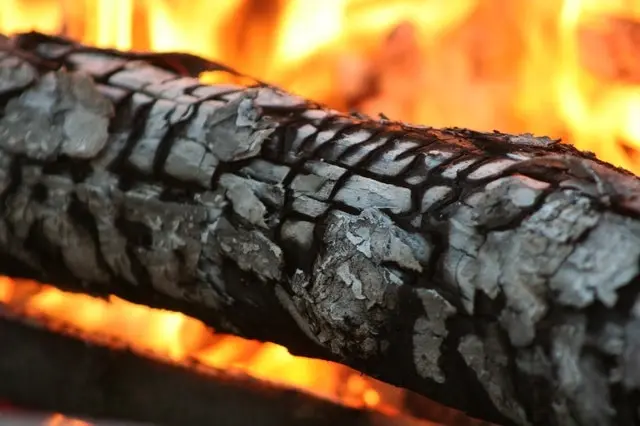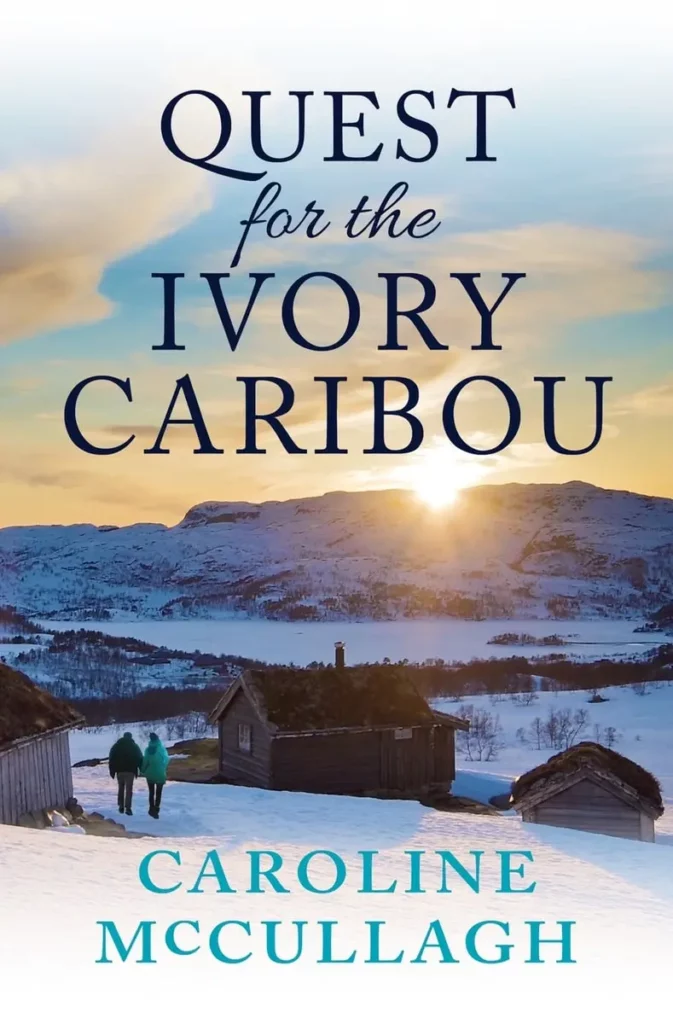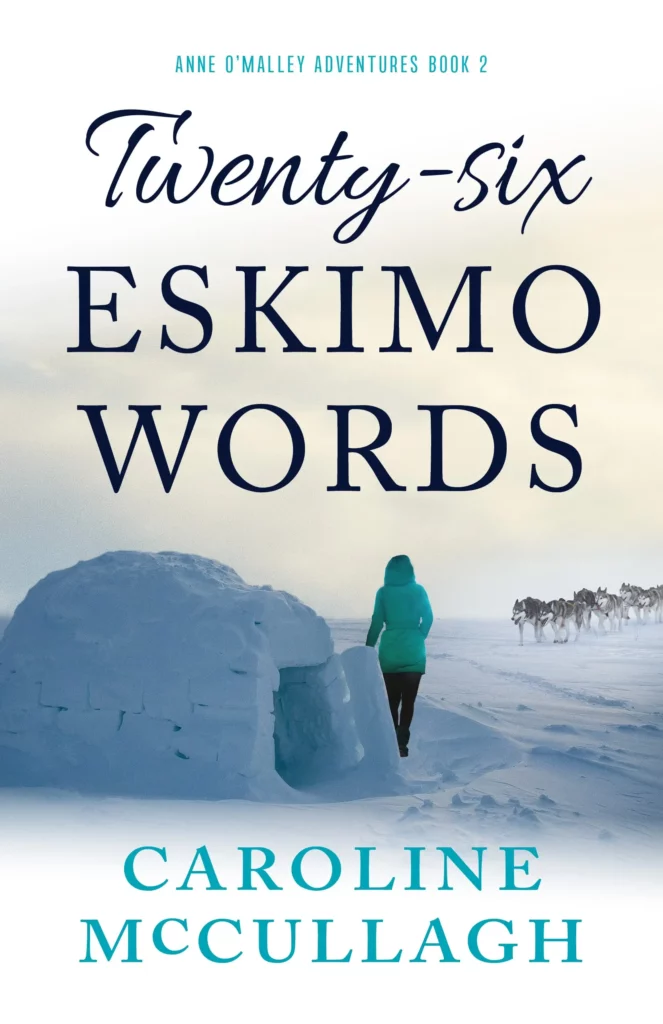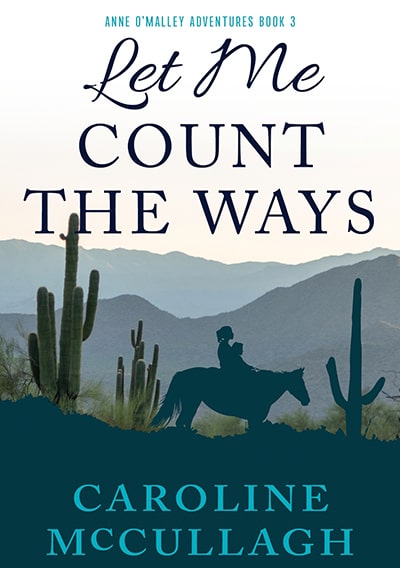I write and I teach writing. If you think I’m going to tell you why I write—not this time. This is about why you should be writing. I don’t often tell others what I think they should do with their lives, but I do feel strongly that we all need to, at least, write memoirs.
Before you say, “Oh, I don’t know how to write,” let me tell you that writing is a skill that can be learned at any age. Most of my students, so far, have been senior citizens of varying abilities. Some have never written anything longer than a letter before. Over time, they’ve all learned to write things that please them.
And there’s the first goal that you can set for yourself. What you write must please you. You’re the original audience.
Whom else should it please? That depends on what you want. Are you writing for family and friends? Are you writing for a larger group? If so, how do you define that group? Is it people who like to garden? Is it women interested in women’s sports? Is it for people dealing with a certain mental or physical illnesses or with particular life experiences? It can be any group you choose.
For a first goal, though, let’s go back to friends and, especially, family. Answer a question for me. If someone came to you and said, “I found your great-grandmother’s diary. It’s mostly just day-to-day stuff. She cooked for all the hired men on the farm, cared for the chickens, collected and sold the eggs, canned things from the kitchen garden. Oh, yes, there was the time the well ran dry. And the year the locusts ate their crops to the ground. Oh, and there was the time Pancho Villa came to the farm and tried to steal a cow. He left when the soldiers galloped through the yard in hot pursuit . . . but mostly it was just day-to-day. She gave birth to eight babies with just the neighbor from the next farm helping, and then . . . “I could go on with this imaginary diary, but I think you get the idea. I don’t think you would say, “Well, I only want to read it if the writing is really good.” I think you would like to read that diary no matter what.
Your great-grandmother lived a hundred years or so ago, and everything was different. That’s a measure of how different your life is from what your great-grandchildren will experience. I think they’d like to know about you. What do you think?
I encourage you. Start writing.
__________
Definition of terms: an autobiography starts with your birth or before and continues to the present. A memoir tells the story of a particular time, theme, or incident in your life.









